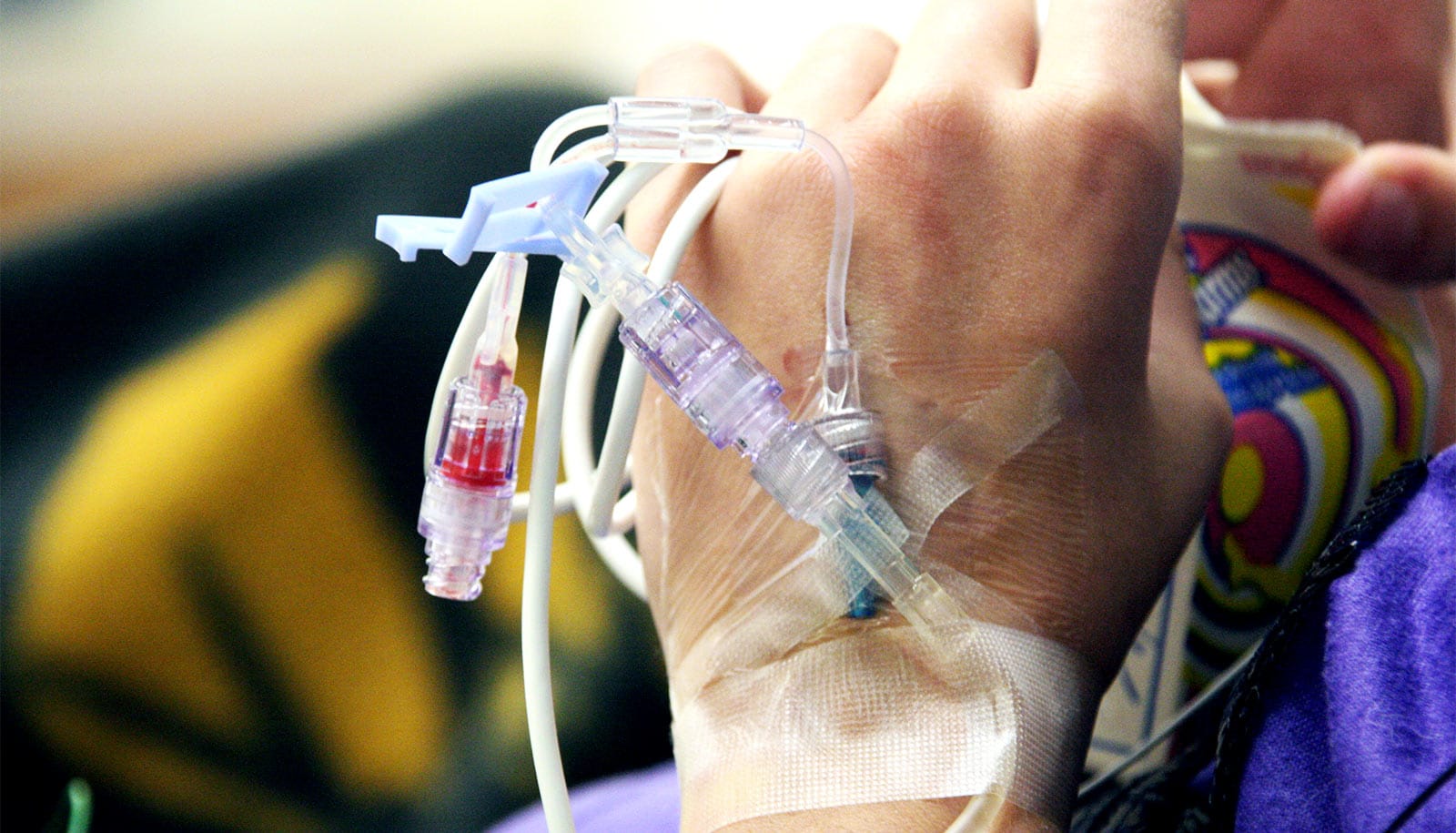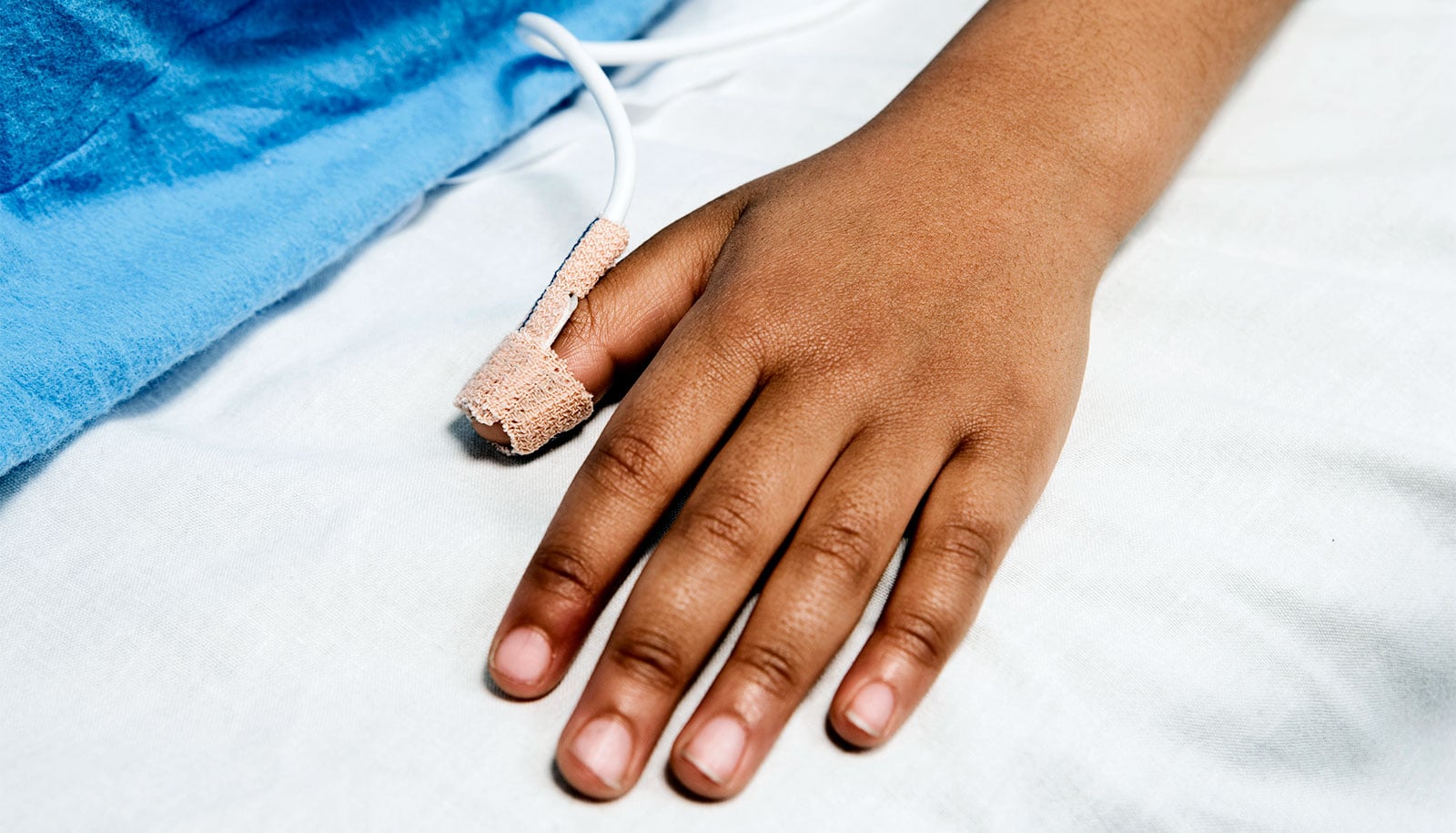Medicaid expansion may improve outcomes for children with cancer, according to a new analysis.
Researchers found there was a 1.5% increase in overall survival of children with cancer after 2014 in states that expanded access to Medicaid compared with states that did not.
“While 1.5% may not seem like much, we often frame it in terms of number of individual lives who are saved as a result of the program,” says Kimberly Johnson, associate professor at the Brown School at Washington University in St. Louis and co-senior author of the paper in the Journal of the National Cancer Institute.
“Although the relative increase was small, it translates to an additional 200 children alive at two years following their cancer diagnosis,” the authors write.
Johnson and her coauthors, including lead author Justin Barnes, a resident in the radiation oncology department at the School of Medicine, analyzed data for children ages birth through 14 years diagnosed with cancer from 2011 to 2018 from 40 states as part of the US Centers for Disease Control’s National Program of Cancer Registries.
The study included a total of 46,850 children. For all cancers combined, there was a statistically significant increase in the two-year survival rate of 1.5% in states that expanded Medicaid versus those that did not.
“I strongly believe that all children and adolescents should have access to affordable health care, and our analysis shows that Medicaid expansion helps children with cancer,” Johnson says.
“Childhood cancer is a tragic and unexpected diagnosis for families; each child that is saved through consistent access to high-quality health care is important and can save hundreds of hearts in families from breaking.”



